Jean Aymé
出生 : 1876-04-25, Switzerland
死亡 : 1963-01-17

Le patron (uncredited)
Suppose lost and found objects could talk... But they can! At least four of them... : -A statuette of Osiris remembers how two ex-lovers, a model and a good for nothing who claimed to be an Egyptologist, met again one Christmas Eve. -A violin has things to say about Raoul, a humble policeman who lost Solange, a widowed grocer he loved, to a god-dam seducing busker also named Raoul. -A scarf was witness to an eerie romance between a young madman and girl he had saved from suicide. -A funeral wreath lets us know how it caused a young woman to believe her lover dead. After having told their respective story, the objects return to their customary stillness.

Bourgine
Satire of publishing circles, featuring a ferocious boss, Moscat, a successful but handsome author, Maréchal, another successful but bitter author, Bourgine, a writer plagued with ambition, Brégaillon and the hero, Marc Fournier Zola Prize winner. Naive, the latter quickly becomes formidable, especially since his wife's infidelities have provided him with the material for a new novel.

Le nonce
On the morning of January 30, 1889, the Archduke Rodolphe de Habsbourg and his mistress Marie Vetsera were found dead. The remains of Rodolphe are discreetly repatriated to Hofburg, while that of Mary is hastily thrown into the depths of a tomb.
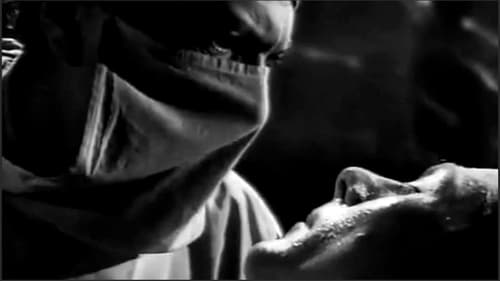
Everyone in Paris thinks Fantomas is dead. A wave of extortion, blackmail and murder all point to the master criminal. Inspector Juve and his reporter friend Fandor set out to find the truth.

Director Jean Delannoy's immediate followup to his brilliant Les Jeux sont Faits was the more conventional Aux Yeux du Souvenir (aka Souvenir and To the Eyes of Memory). The film is based on a true story, wherein an France airliner managed to survive a journey from Rio De Janeiro to Dakar with two of its engines incapacitated. To this already intensely dramatic situation has been added a romantic subplot involving Claire Magny (Michele Morgan) and Jacques Forester (Jean Marais). The love story adds very little to the film; fortunately, neither does it detract from the film's overall quality. As was the case with many French productions of the 1940s, Aux Yeux du Souvenir benefits immeasurably from the Wagnerian musical score by Georges Auric.

Un invité
Stage actress Marianne has decided to give up her career to marry wealthy nobleman Marquis Antoine de Fontaines. As a wedding present, Antoine gives his future wife a precious diamond necklace, which is coveted by a gang of crooks. Jean, one of them, is given the mission to approach Marianne and steal the necklace from her. The only trouble is that when he meets her, she recognizes him as the man she once loved.

Victor
Aged penniless actors are living in a old people's home. They always talk about their past glory or failures. One day Raphael Saint-Clair comes; he has been a famous actor and had a lot of love affairs. Passions come back, and jealousies... A bitter film about aging, failure and the entertainment.

In the village of Sableuse, the local manor has been bought out by a nouveau riche, Emile Cousinet. When his wife Lisette, a former music hall actress, flees to Paris with young Pierre de Sableuse, Cousinet asks Father Pellegrin, the village vicar, to bring the lost sheep back home.

Le receleur
Meg decides to commit suicide to escape the marriage to which her father intends her. She is saved by Jean-Pierre, another candidate for suicide, and Léon, a tramp who was just trying to reason with him. The trio then becomes inseparable and organizes a new life based on friendship and freedom.

In the middle of the 19th century, Tsar Alexander II made the acquaintance of a young aristocratic girl from the provinces, unruly in character. He falls in love with her and tries to see her again.

This murder mystery is set in a Parisian cafe and examines the mysterious murder of a famed journalist and extortionist who is killed at his table in the cafe. Though the prime suspects are gathered together( including his wife and her lover, the gun-runner, the creditor, and a playboy) and all of them have motives, none of them did it. So whodunit?

Now that their parents are ruined, Jacques Eyssette and his younger brother Daniel, are driven to fend for themselves. Jacques becomes the secretary of a marquis who exploits him by making him work so hard that his health gets damaged. Daniel, on his part, is hired as a supervisor and Latin teacher in a school in the province. It soon happens that he is in a bad situation too as, after being subjected to repeated harassment, he ends up being fired. Daniel then decides to join Jacques in Paris, hoping to embark on a literary career. Unfortunately, Irma Borel, an actress, sets her sight on him and drags him into a life of vice.

Jeanne supports supports his family on his modest salary. Her boss is arrested for fraud. Jeanne is forced, out of poverty, in the street.
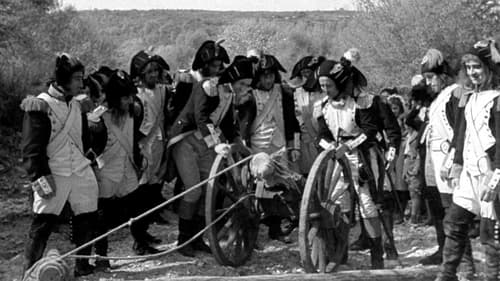
Monsieur de Fouguerolles
A film about the early part of the French Revolution, shown from the eyes of the citizens of Marseille, counts in German exile and, of course, the king Louis XVI, each showing their own small problems.
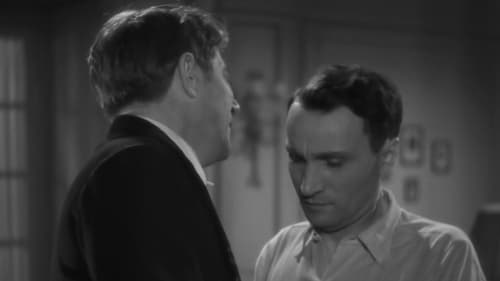
Adrien, le valet de chambre
Lucien Bourrache, a good looking non-commissioned officer at the Spahis, is used to charm many women. He met Madeleine Courtois at Cannes. She is beautiful and lives in luxury. He lends her a large amount of money, which she loses gambling. Then she drops him. But Lucien is now in love, and once demobilized, he goes to Paris to find her again. But he's not so sexy without his uniform, and Madeleine and him do not belong to the same milieu.
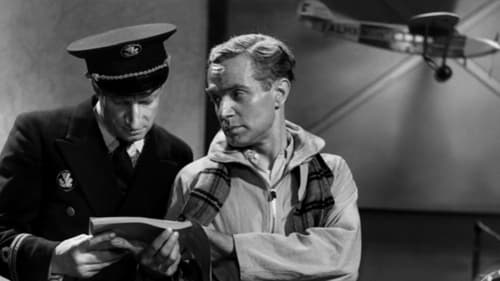
Le joailler
A pilot on one of the air mail flights between France and its African colonies has a brief romance with his distressed cousin before he returns to the call of duty, and the rebels in the desert.

Maryse blackmails her former lovers by threatening to mention their names in her memoirs. But a real blackmailer appears and cashes the checks for him.

The director
A very nice young man, Sylvain Renaud is "surrounded" by two bad guys who want to drag him into some very dirty business.

Colchester
A disillusioned rich American bets with a railroad worker that the latter will not be able to spend the 600,000 francs a month that he will pay him for a year. All the railwayman's attempts to win his bet fail but his daughter luckily conquers the American.

Jerome

An eighteen year old boy is pressured by his god-mother to begin instructions to become a priest, but he changes his plans when he arrives in Paris and sees how much fun he can get there.
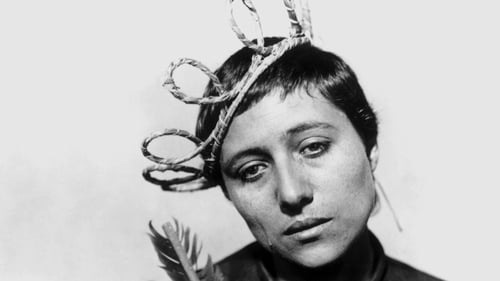
Judge (uncredited)
ジョゼフ・デルテーイの小説版による“ジャンヌ・ダルク裁判”の物語で、間違いなくサイレント映画の一つの到達点だろう。“悪魔の子”とされ拷問を受けるジャンヌが苦しみに一度は屈服し、囚人として髪を刈られるシーンの厳しさ(実際に髪を切られ涙するクローズ・アップ)、そして自分を持ち直し、あえて火刑台に向かい火にかけられ、苦悶に顔を歪める瞬間、見る者をも貫く痛み(これも鮮烈なクローズ・アップで表現される)。

Director

A man is accused of the murder of a banker in order to get some money. In the meantime, the banker's wife is somehow convinced that she killed her husband after a violent fight to save her child's honor. But the actual murderer happens to be a third party.
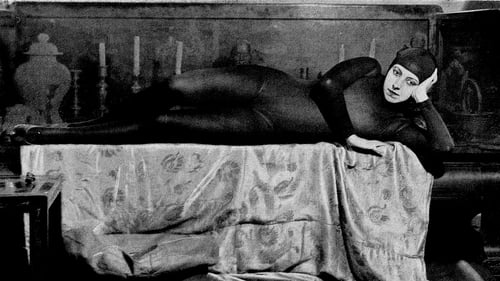
The Great Vampire
Paris is prey to an invisible terror against which the police can do nothing: a sinister organization that sows chaos and death. The intrepid journalist Philippe Guérande and his partner embark on a long crusade to put an end to the crimes of the Great Vampire and Irma Vep, his dangerous accomplice. (A ten episode movie serial.)
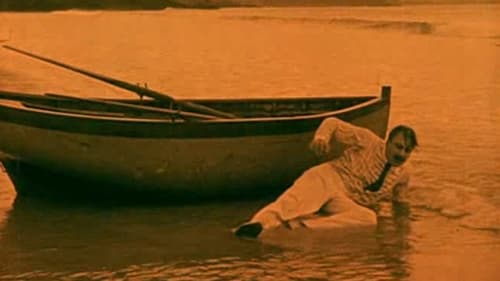
Maître Létang de Jeandé
Count Fernand De Keramic plots against his niece in order to acquire her wealth to pay his debts.

A 1912 crime film.
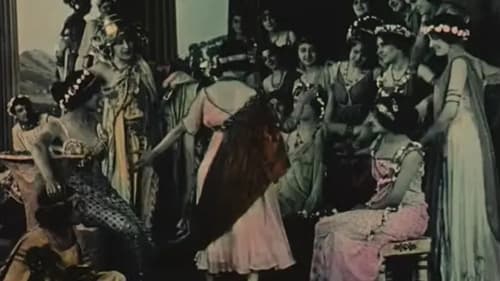
Héliogabale
The tyrant Emperor Heliogabalus lives a life of debauchery and set lions loose among his guests.

Alphonse Marnier
LA TARE is about Anna, a woman who is rescued from a Parisian dance hall to work in a charitable hospital. Over the years, she rises to become the head of the institution, but when an old habitué of the dance hall recognizes her picture, he attempts to blackmail her.

Directed by Louis Feuillade. Part of the 'Life As It Is' series.

Part of the series La Vie telle qu'elle est that Feuillade did in which people were shown as they really are and not as they ought to have been. This one is about Hypocrisy

























